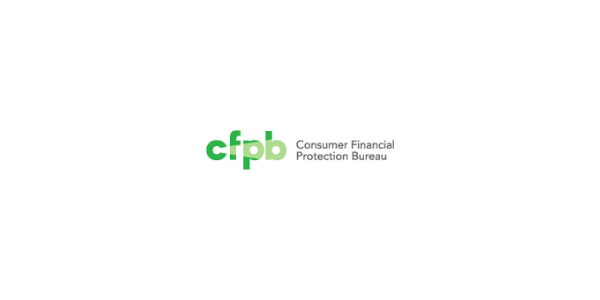
Millennials are spending the highest percentage of their monthly income on housing expenses compared to other generations.
- Millennials (83%) are far more likely to carry debt than baby boomers (72%).
- Millennials are especially ignorant to how home equity works, with 59% not considering their home an asset, 53% who don’t know how much equity they have in their home, and 55% who do not know how to calculate it.
- The report found that one in three millennials spends 26% or more of their income on their mortgage.
- The report also found a higher percentage of Black Americans (63%) have had a negative financial impact due to the pandemic, compared to 53% of Latinx homeowners, and 43% of white homeowners.
Though it may come as a surprise to some, millennials are the hardest hit generation in terms of debt due to the pandemic. According to a new report from home equity investor Hometap, millennials are spending the highest percentage of their monthly income on housing expenses compared to other generations, and they’re at the greatest risk of becoming house-rich and cash-poor. Considering home prices have soared within the past year, most millennials are unaware of how much equity their house holds or how to calculate it.
"As we begin to emerge from the pandemic and residential real estate values remain near record levels, homeowners – especially millennials – have a great deal of equity tied up in their properties but are wary of taking on debt to access it," said Jonathan MacKinnon, vice president of product strategy & business development at Hometap, which provides a smart, debt-free option for tapping into home equity.
Everyone has felt the impact of the COVID-19 pandemic, but the millennial generation has been hit with most of the debt compared to other generations. According to a survey of more than 1,000 U.S. homeowners, 47% of respondents had their finances negatively impacted by the pandemic while 77% carry some sort of debt or liability. Upon a closer look, millennials (83%) are far more likely to carry debt than baby boomers (72%). As a result, more than a quarter of respondents have stated they plan to tighten their budget until their debt is repaid.
"With the total cost of homeownership rising, and mortgage payments taking up an increasingly larger percentage of income, there is a growing need for solutions that allow Americans to tap their most important asset without going further into debt,” MacKinnon added.
Further results from the study show that a higher percentage of Black Americans (63%) have had a negative financial impact due to the pandemic, compared to 53% of Latino homeowners, and 43% of white homeowners.
Additionally, the growing cost of homeownership is negatively impacting younger generations, who are becoming increasingly house-rich and cash-poor. The report found that one in three millennials spends 26% or more of their income on their mortgage, and 46% of homeowners spend an additional 6% to 15% of their income on other housing expenses. Meanwhile, 16% of respondents spend an even greater percentage of their income on housing costs. Overall, only 38% of homeowners felt “very prepared” for these costs going into homeownership.
Many homeowners, including millennials, are unaware that their home serves as a tappable source of equity, and are therefore missing out on opportunities to capitalize on their assets, address urgent priorities, or achieve their financial goals.
The survey found that 52% of homeowners do not consider their home an asset in which they can take out money whenever they need. Also, 43% don’t even know how to calculate the equity they have in their house.
Millennials are especially ignorant to how home equity works, with 59% not considering their home an asset, 53% who don’t know how much equity they have in their home, and 55% who do not know how to calculate it. Conversely, only 43% of baby boomers do not consider their house an asset to draw cash out of, 31% don’t know how much equity they have, and 39% don’t know how to calculate it.
"Americans are more invested than ever in their homes, but still tend to view homeownership as a source of debt rather than equity," added MacKinnon. "These findings point to a broad lack of awareness of how to use home equity to unlock new opportunities without the burden of debt when their finances are already stretched."




